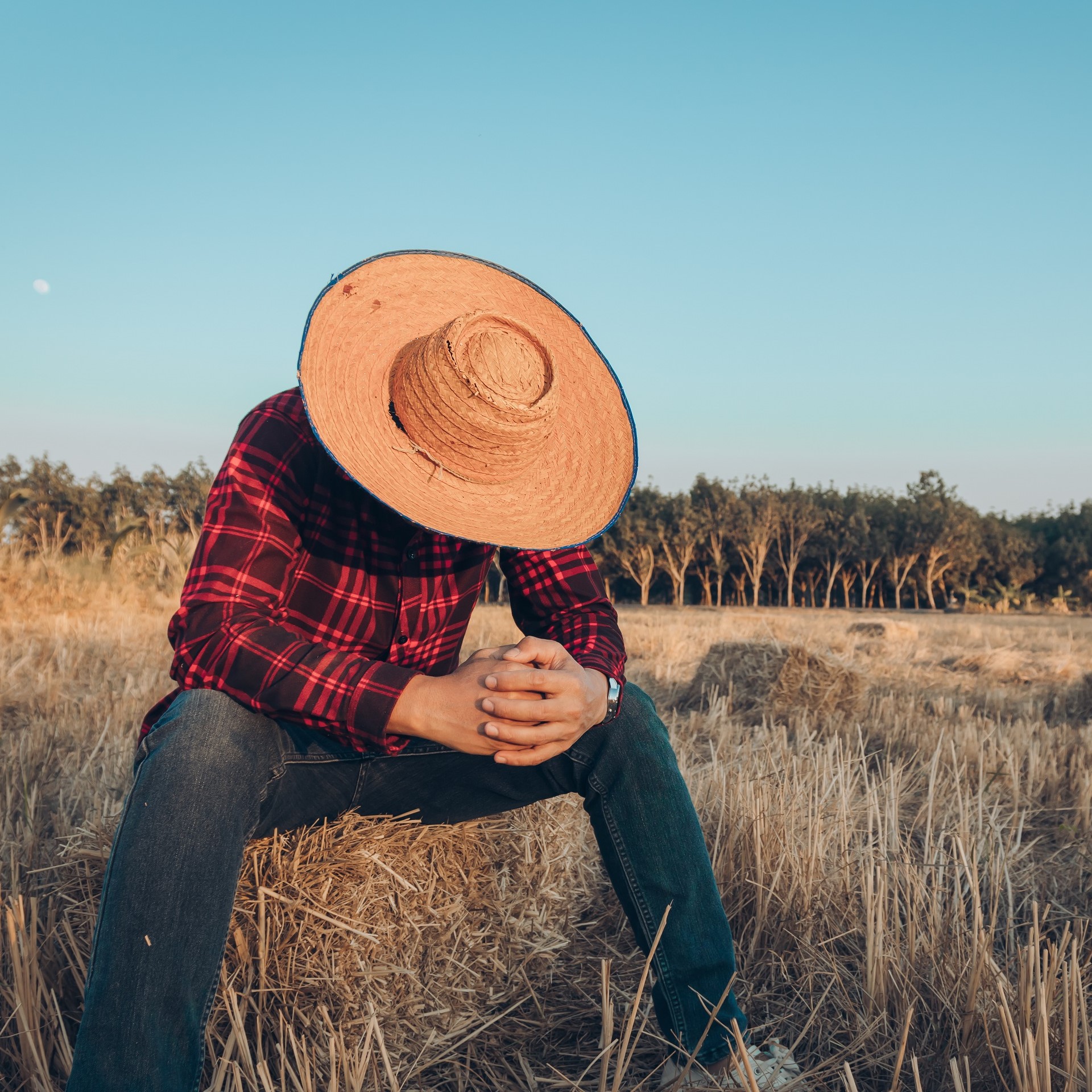
Australian farmers are known for being resilient and resourceful, but the vagaries of weather and ever fluctuating prices can bring even the toughest to their knees.
A website launched in 2018 to give farmers practical strategies to cope with factors beyond their control has proved so successful with rural communities that it has now been expanded.
With further input from farmers and generous funding from multiple philanthropic organisations, ifarmwell has updated its content and features and broadened its reach and expertise. It has employed a psychologist and marketing officer to increase awareness and deliver more face-to-face training to improve wellbeing in rural areas.
The development of the farmer-focused online toolkit has been led by Dr Kate Gunn from the University of South Australia, in conjunction with behavioural change and rural health experts from the University of Adelaide, University of Melbourne, the National Centre for Farmer Health and farmers from across Australia.
Clinical psychologist and Senior Research Fellow at UniSA, Dr Kate Gunn, says the input from farmers to ensure that it meets their needs and speaks their language is invaluable.
“While farmers are generally very good problem solvers, much of their stress is caused by things beyond their control, such as the weather and commodity prices – things they just can’t fix,” says Dr Gunn.
“The ifarmwell website gives farmers practical strategies to help them cope effectively with the things they can’t fix and to get the most out of life, regardless of the circumstances they face. It also provides feedback on their wellbeing, including when to seek professional help and how to access it.”
ifarmwell is based on 10 years’ research and input from hundreds of farmers and supporters from the health and agricultural sectors.
“ifarmwell is informed by a combination of farmers’ lived experience as well as psychological science. Everything we do is carefully tested with farmers to ensure it is meaningful and effective,” Dr Gunn says.
Having grown up on a farm and with experience as a clinical psychologist, Dr Gunn is familiar with the challenges that farmers face and the evidence-based strategies that can help address them.
“Despite the unique stressors and the elevated rate of suicide in the farming population, farmers are half as likely to access GP or mental health services than other rural people,” Dr Gunn says.
“Part of the reason for this is that they are incredibly self-reliant and often believe they should be able to handle stress and not rely on others for help. There are also barriers to accessing mental health services in many rural and remote communities. These include some health professionals’ lack of awareness of how to communicate effectively with this group about their wellbeing. We need to address these issues.”
Accessing confidential help online appears to be a preferable option, given the positive feedback to ifarmwell in the past four years, and the fact that up to 95 per cent of the agricultural sector are now connected to the internet with the roll out of the National Broadband Network.
The website relies on videos, cartoons, case studies and text messages to communicate with farmers in a straightforward way, sometimes using humour without trivialising the situation.
“Helping farmers to learn to accept things beyond their control, using language they understand and examples they can relate to, is the key.
“New features include an option for people working directly with farmers to refer their clients to ifarmwell, and to monitor and encourage their progress through the modules. Other new updates include a self-guided wellbeing check-up and the ability for farmers who might be a bit worried about someone but not sure how to help, to easily share ifarmwell with a mate.
“This resource is designed to help people build skills before they need them, as well as assist those who are already feeling distressed. You do not need to have a mental health problem to benefit,” Dr Gunn says.
For more information go to www.ifarmwell.com.au
Notes for media
More details about the development of the website are available from this paper








